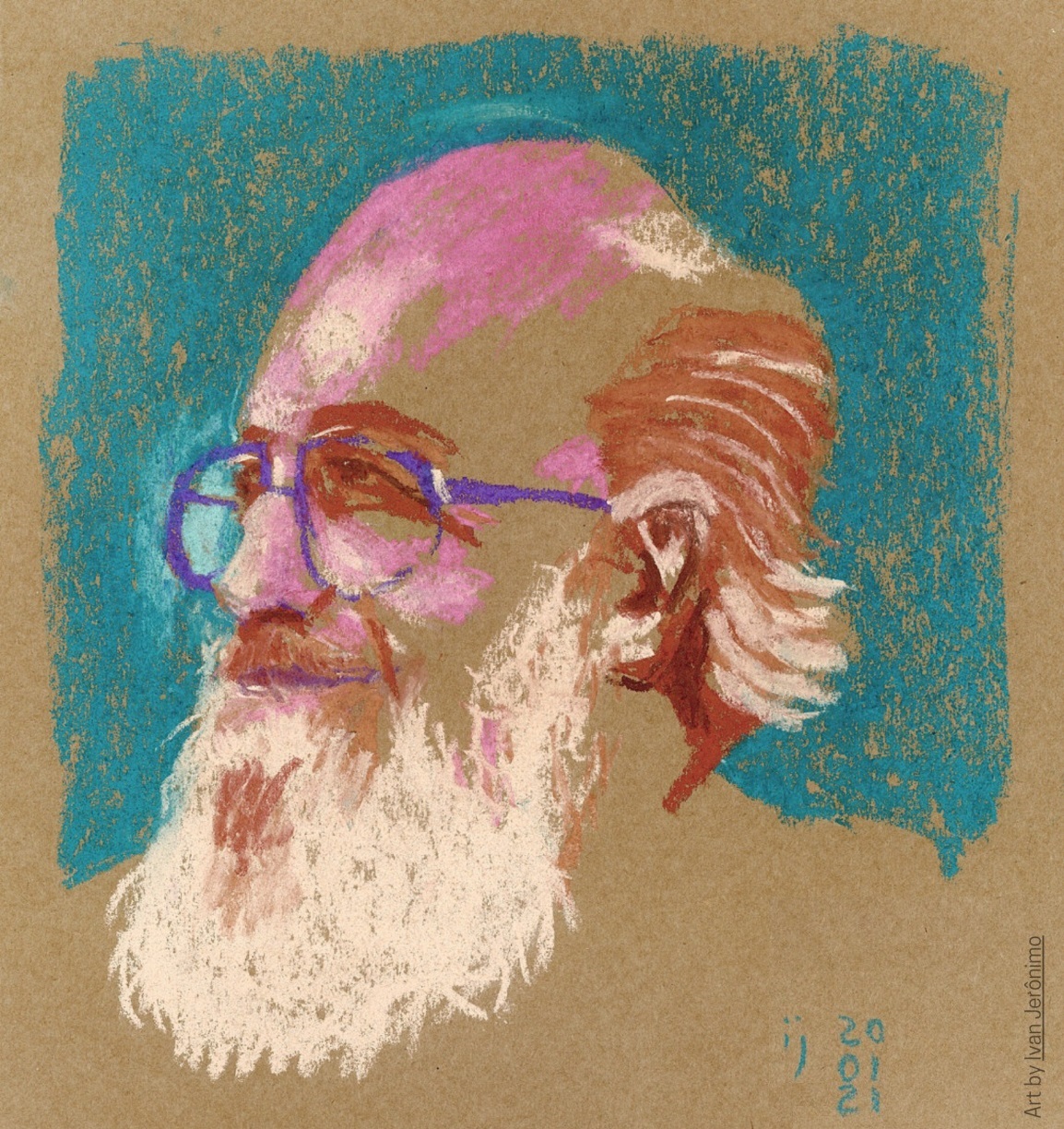Paulo Freire is currently being celebrated for his 100th Anniversary, and the Pedagogy of the Oppressed has now more than fifty years since its original release. Considering that half a century has passed, his theory and concepts still retain a profound influence and global impact. In 2016, an analysis of social science works available on Google Scholar identified Pedagogy of the Oppressed as the third most-cited such text in the world – ahead of landmark texts by Marx, Foucault and Bourdieu, among others.
However, the question about the permanence of his work and its application in today´s changing and uncertain world, certainly different from 50 years ago, remains somewhat open. Especially considering the impact of poststructuralism and postmodernism in social sciences.
Furthermore, even when we can acknowledge that the work of Freire is heavily shaped by intellectual trends of his time, such as critical theory, Marxist humanism, and decolonial thought, some of his concepts are proven to be unique and enduring, surpassing the test of time. Probably the mix between a universalist emancipatory ethos and a contextual and empirical drive have helped. Thus, even when his theory relies on the scrutiny of an objective and specific reality, it also entails a conceptual grammar capable of being used in different places and historical moments.
In this special collection, we can see how Freire’s legacy can be applied in today´s world, considering all the novel conditions of our socio-technical landscape shaped by media and technology.
For example, in terms of Higher Education, we have a reflection about the impact of the pandemic in today’s university through the lenses of Freire’s account of pedagogy, politics and populism. Similarly, in this article, the author claims that to achieve freedom in higher education, first, it must be “critically dissected and reimagined to be as inclusive as possible and those who were once marginalised must play a key role in this process”.
Talking about classrooms, this contribution, informed by several authors, argues that critical pedagogy is the fundamental tool to reject education as a practice of cultural hegemony and oppression. Likewise, this author claims that “intersection between teaching and research, activism emerges as praxis that aims at challenging neoliberal ideas of higher education in the classroom”.
In terms of the digital forces shaping today’s education, the reflection about dialogic education and hybrid lessons takes the form of a dialogue between two students in this essay. Also discussing digital tools for education, this contribution argues that “there is nothing predestined about the digital mediums we integrate into our teaching” and that more important is to critically reflect on “the neoliberal context which these tools arose and thrives in”. In terms of the novel relevance of gaming in the social sphere, this text, informed by Freirean concepts, claim that rather that “modifying existing games or adapting game platforms to serve critical gaming, we should build new platforms from scratch based on values of inclusion, equality, respect, dialogue, creativity, and critical reflection”.
Finally, in this personal commentary, the author shows conversations and experiences with his students. Among other things they discuss how, even when they are not peasants and cottagers, as in Freire’s examples, they still live the middle-class and precaritisation characteristic of late capitalism with all the educational implications involved.
We thank all contributors, and we hope to keep the conversation alive.
